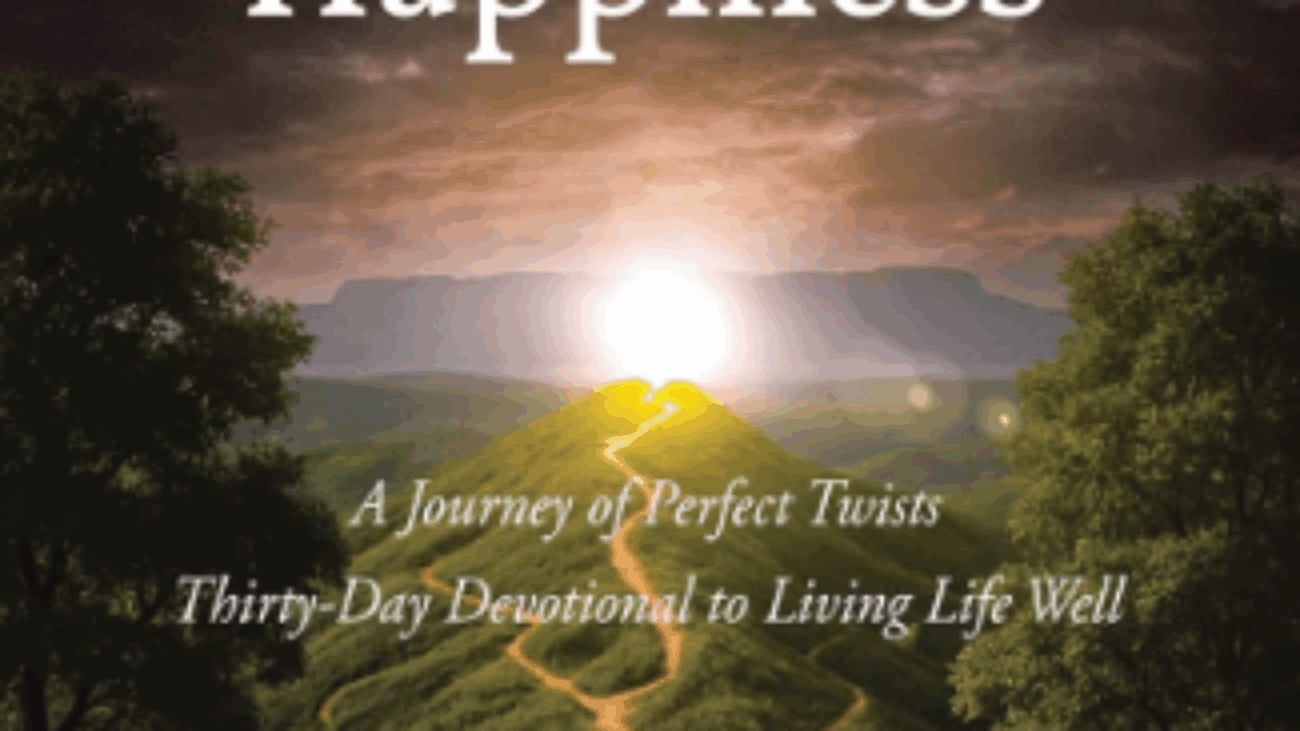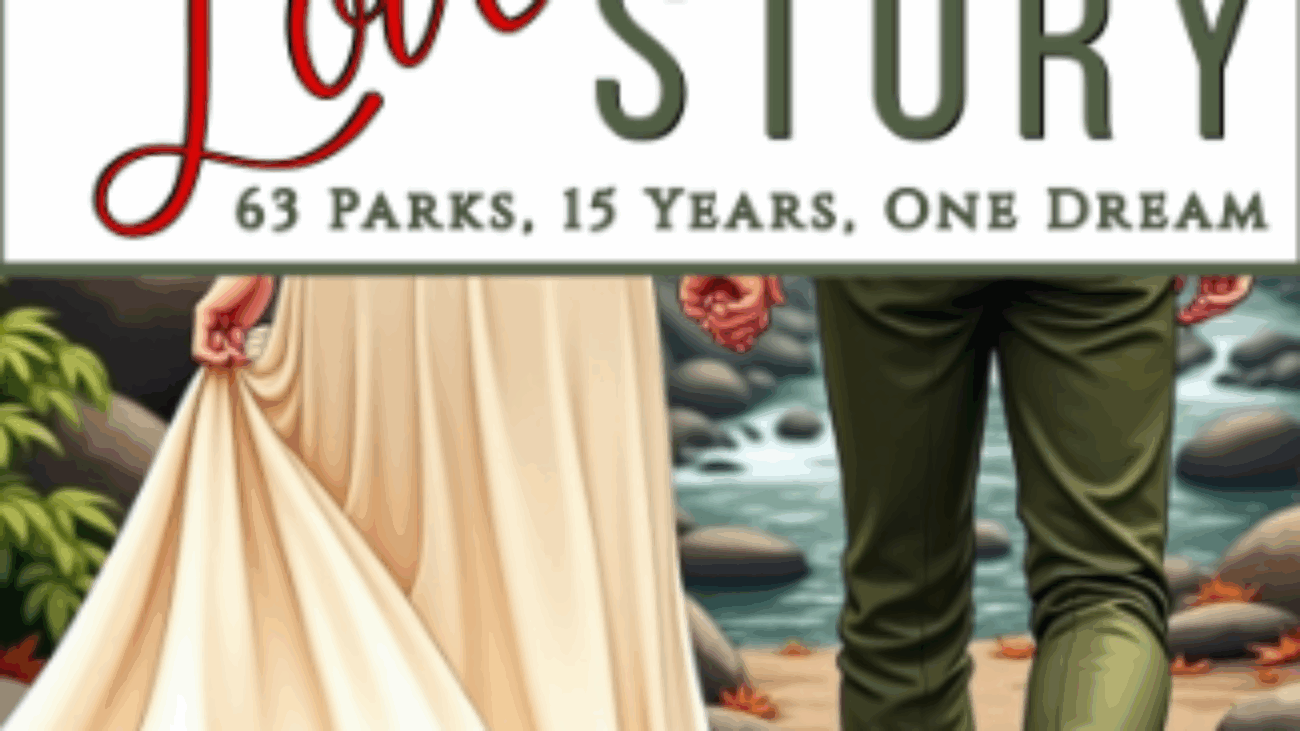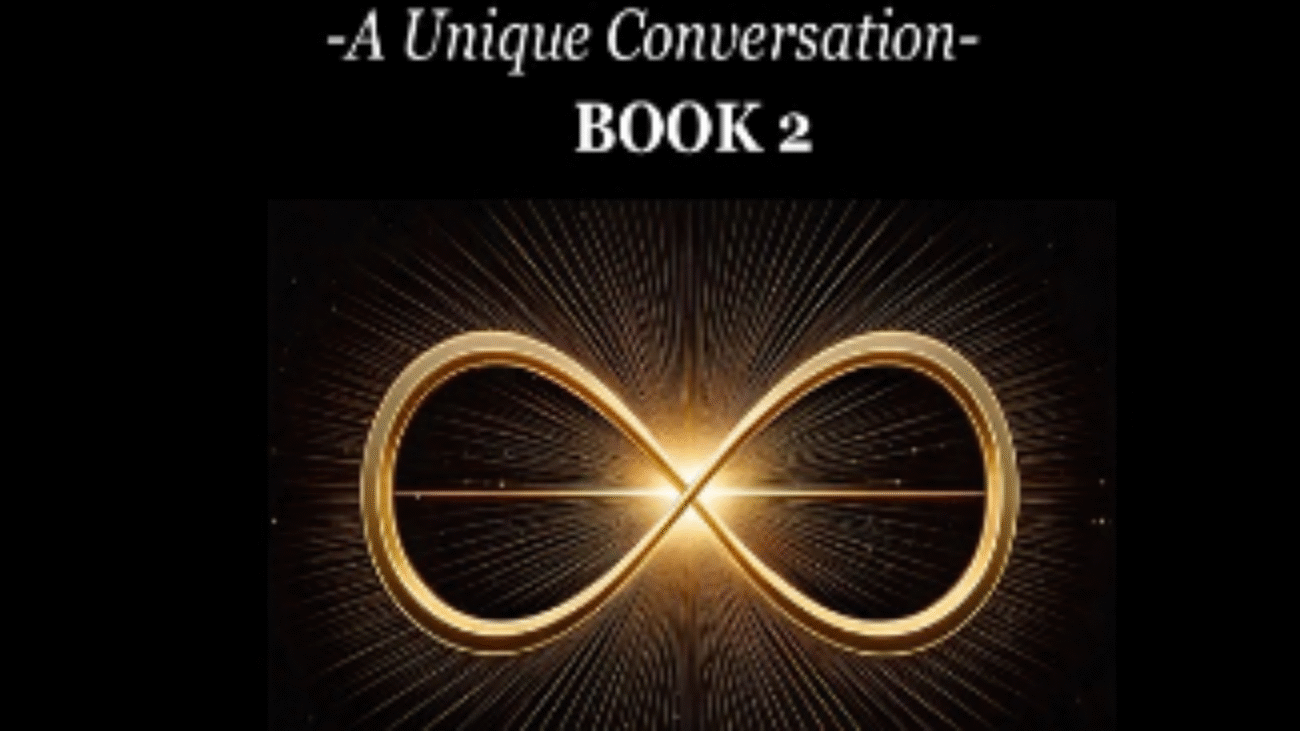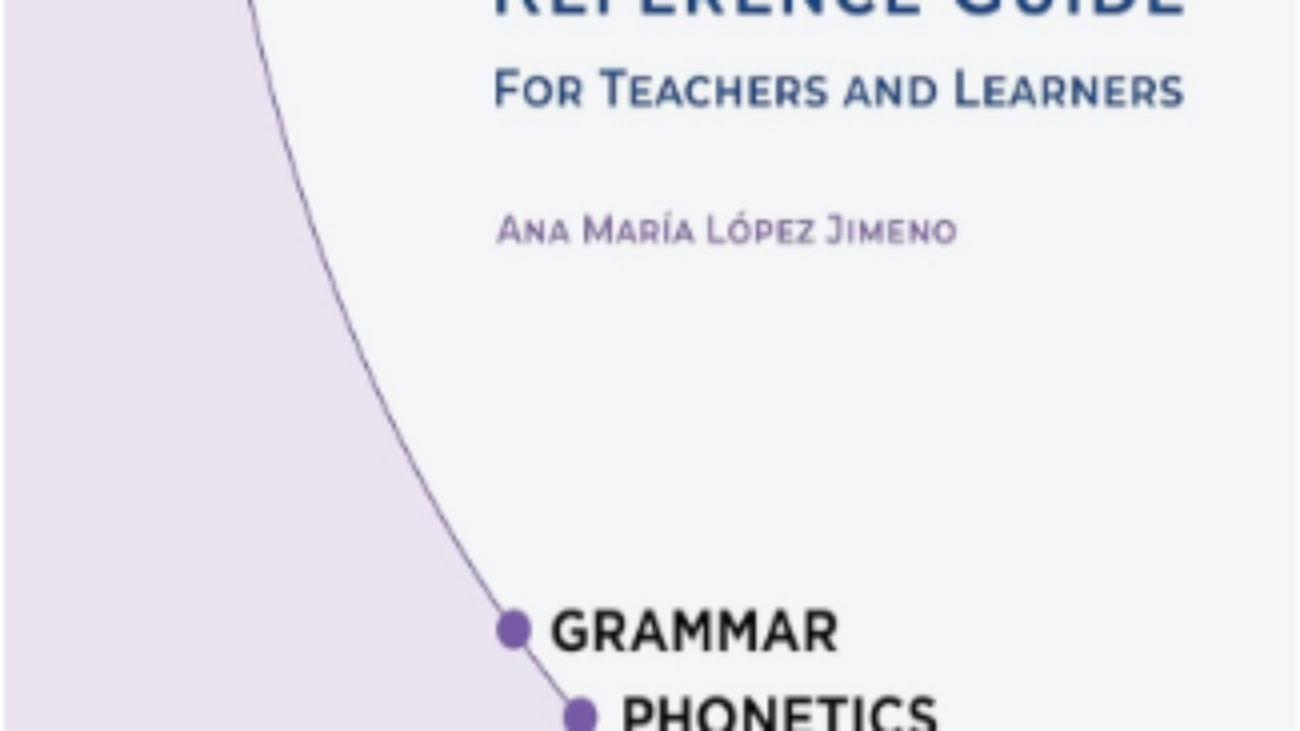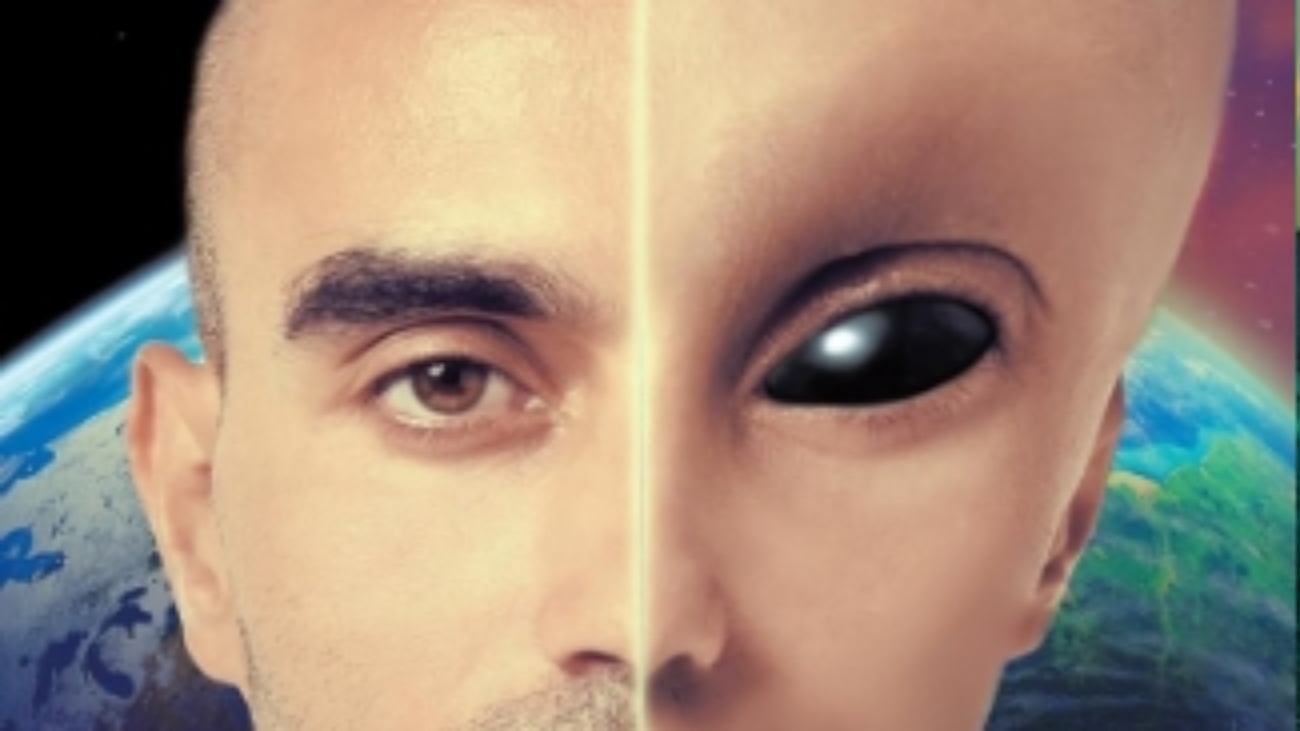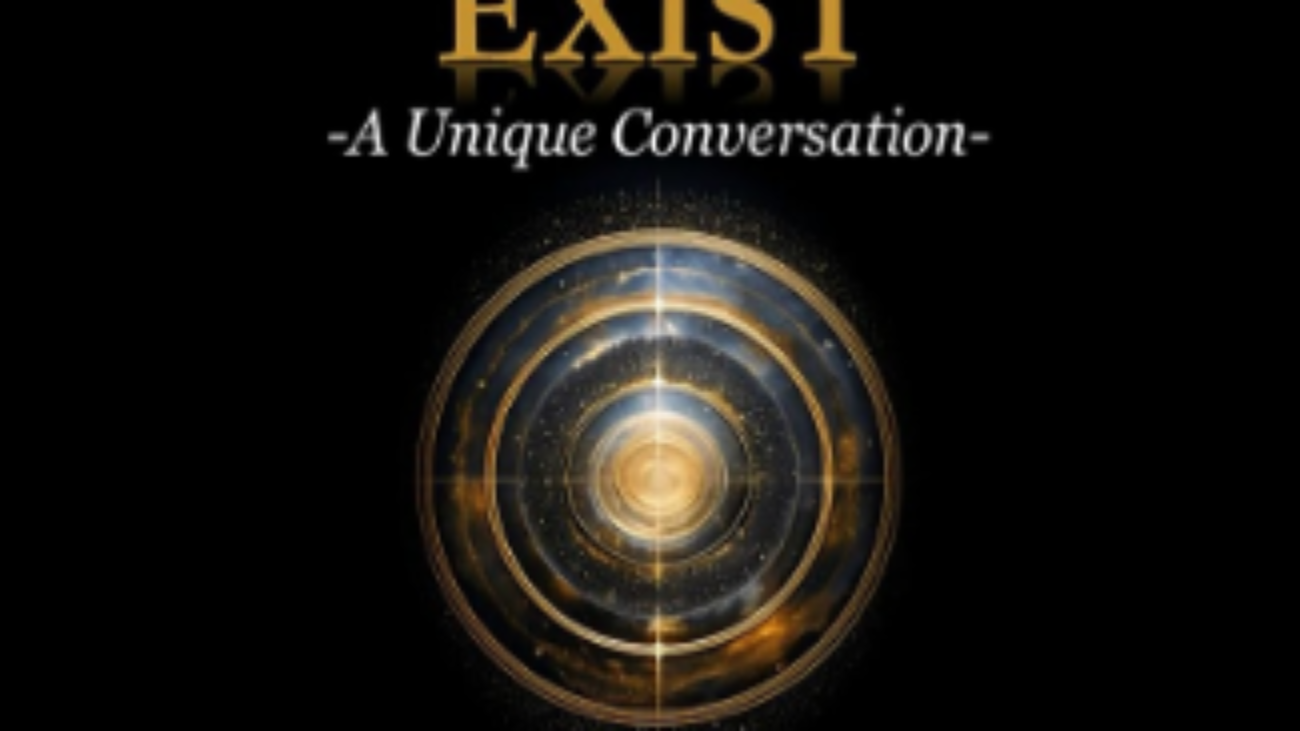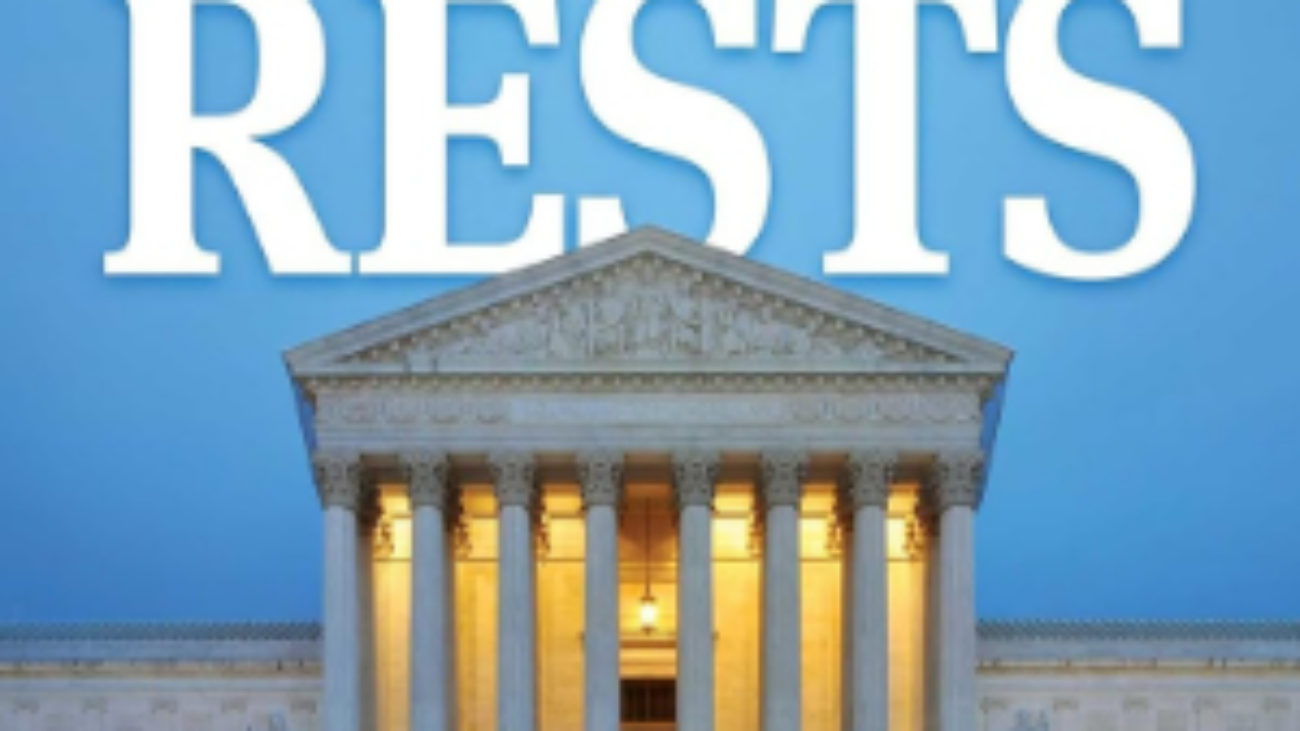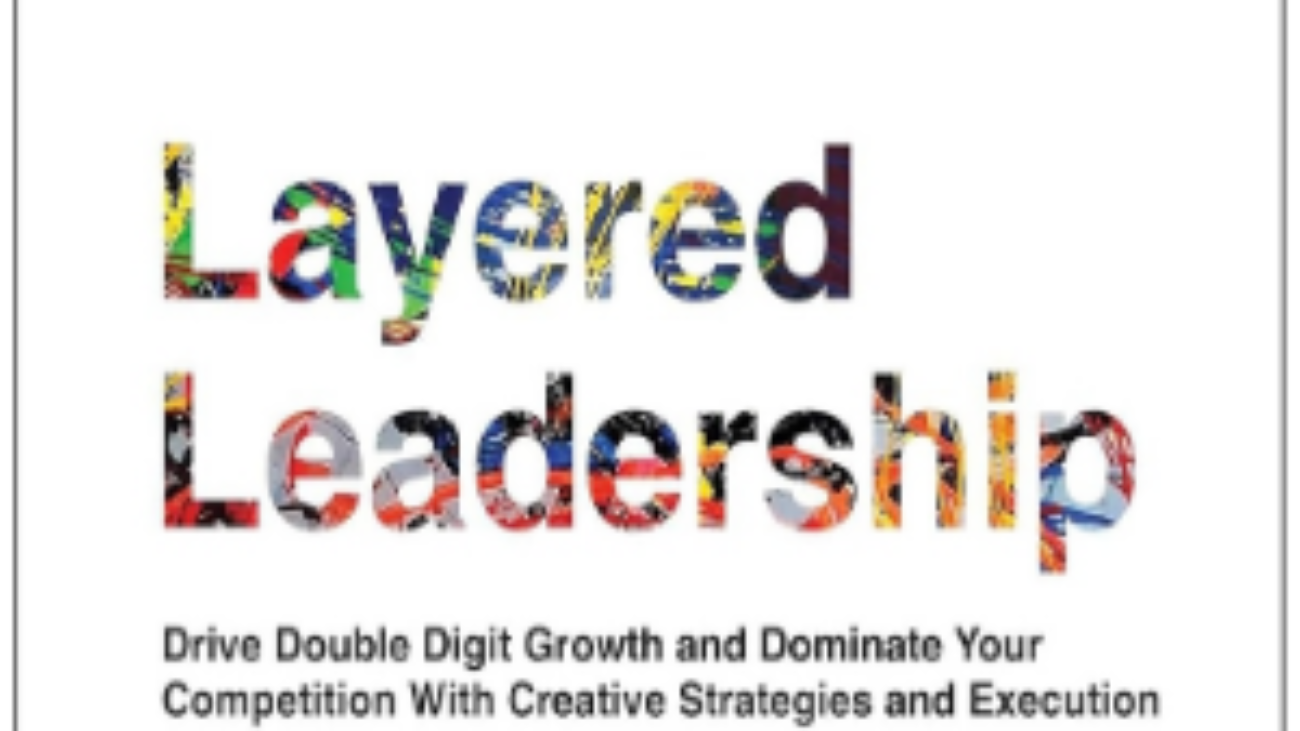Reviewed by Russell Ilg
The title of renowned psychiatrist Arnold Gilberg’s debut prescriptive book for a happier and more fulfilling life is a bit of misnomer. Aging, after all, is hardly a myth. Purchase Here.
“The myth,” Gilberg writes, “lies in how we age from decade to decade, through the milestones of our lives, however we define them for ourselves. No stage of our lives comes without obstacles, setbacks, and challenges, and this book will offer some prescriptions to help you negotiate them so they don’t trip you up.”
Those prescriptions are spread over seven sections and forty-three topics, ranging from Grief and Loneliness, to Finding Love Again or being a Single Parent. A scintillating smorgasbord that smoothly and seamlessly curates an encyclopedic collection of life lessons aimed at improving our mental, physical and emotional health. For Gilberg, those are intrinsically connected which is why exercise and good eating habits show up several times in the prescriptive recommendations that close each chapter.
The amazing thing here isn’t just that Gilberg includes so many subjects, but also how expertly he covers them, often citing relevant statistics and quoting experts other than himself. THE MYTH OF AGING, after all, encapsulates more than a half century of experience treating patients. I’m not sure any reader will find all of the topics relevant to their lives, but everyone is almost sure to find any number that are. In the chapter covering “Losing a Loved One Unexpectedly,” for example, he includes prescriptions like being patient with yourself, being strong for others, and sticking to a routine, remedies culled from common sense as much as treatment protocols.
Based in Los Angeles, Gilberg cut his teeth studying under Franz Alexander, the last disciple of none other than Sigmund Freud. More than sixty years later, at the tender age of 89, he’s still seeing patients, and decided to write THE MYTH OF AGING “to give me the opportunity tohelp those I couldn’t see in a lifetime of office visits.”
Gilberg’s wise counsel proves to be a breath of fresh air in an age where many practitioners never saw a problem they couldn’t prescribe a pill for.
“Always remember,” he concludes, “that life is neither a sprint nor a marathon. It’s a roller coaster, with a mix of dips and darts, highs and lows, hits and misses, and wins that can make the losses pale by comparison. My final prescription for you is to strap yourself in and enjoy the ride.”
Just as you are certain to enjoy THE MYTH OF AGING, a seminal masterpiece of extraordinarily accessible, sage self-help sure to revisited time and time again. In an era sickened by division, dysfunction and disdain, it’s just what the doctor ordered.




